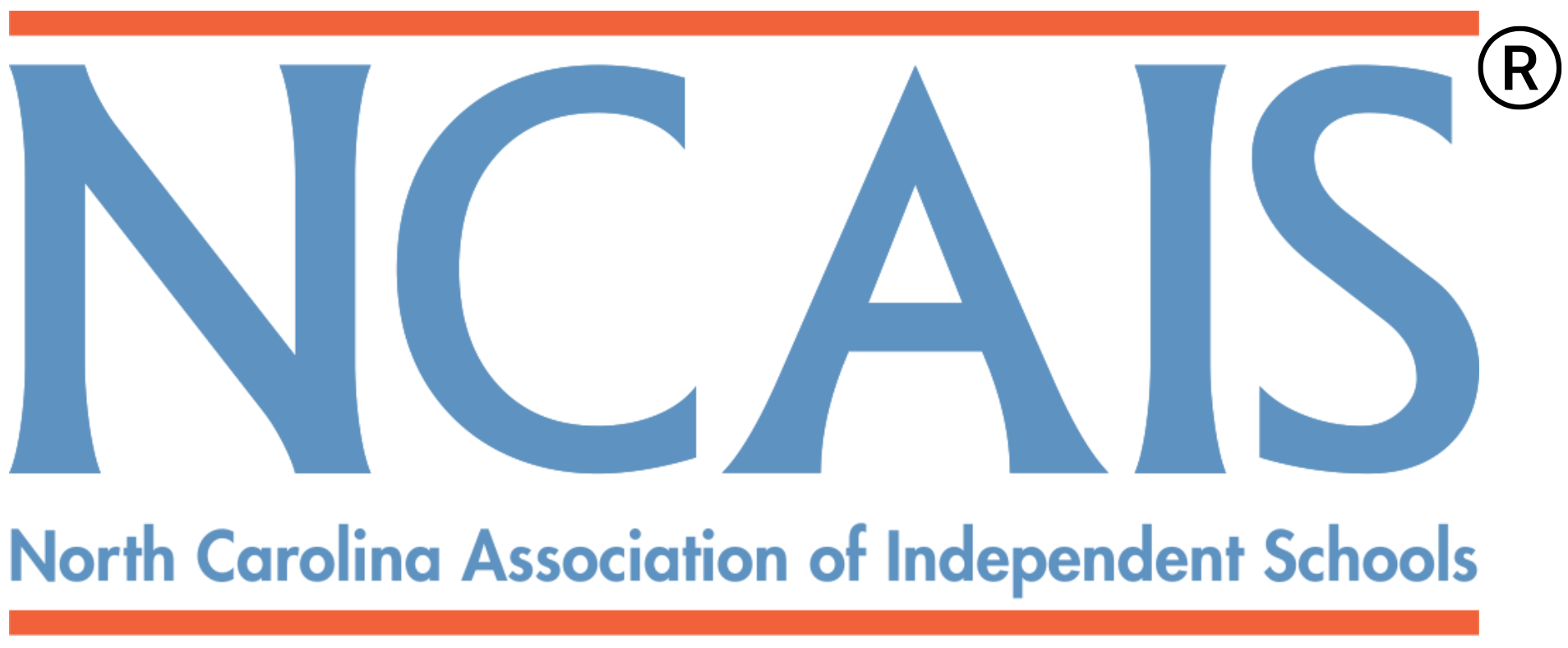

NCAIS promotes educational excellence and empowers member schools to thrive in pursuit of their missions. Our core commitments are to provide:

The North Carolina Association of Independent Schools (NCAIS) is an association of almost 90 independent schools* across the state, with over 3,800 teachers serving approximately 38,000 students. The NCAIS mission is to promote educational excellence and empower member schools to thrive in pursuit of their missions.
The Association provides a wide variety of professional learning opportunities, encourages and facilitates communication among member schools and cohort groups, advocates for independent education in the public domain and with the state legislature, provides guidance and support for heads and boards, and offers value-added resources and partnerships designed to leverage our collective numbers, enhance programs, and support one another. NCAIS also serves as a liaison with regional accrediting bodies and the National Association of Independent Schools.
NCAIS was incorporated in 1970 as a voluntary, nonprofit organization of independent elementary and secondary schools located throughout North Carolina. One of our schools was founded in 1772 and four others were started before 1900. Our schools vary widely in size and type of campus. Some are coeducational, others are single-sex; many are non-sectarian, while some have religious affiliations; most are day schools, but some offer boarding facilities. All are close-knit communities designed to nurture student achievement and develop habits of life-long learning and community service.
NCAIS and its member schools do not discriminate in their admission policies, scholarship and loan programs, educational policies, and athletic and other school-administered programs.
*Independent schools are nonprofit schools with carefully defined missions, governed by boards of trustees, and supported by tuition payments, charitable contributions, and endowment revenue. Independent schools are accountable to regional or national accrediting agencies, holding themselves publicly accountable to all who seek assurance that they meet generally accepted standards of educational excellence, operation, and staff competence.
|